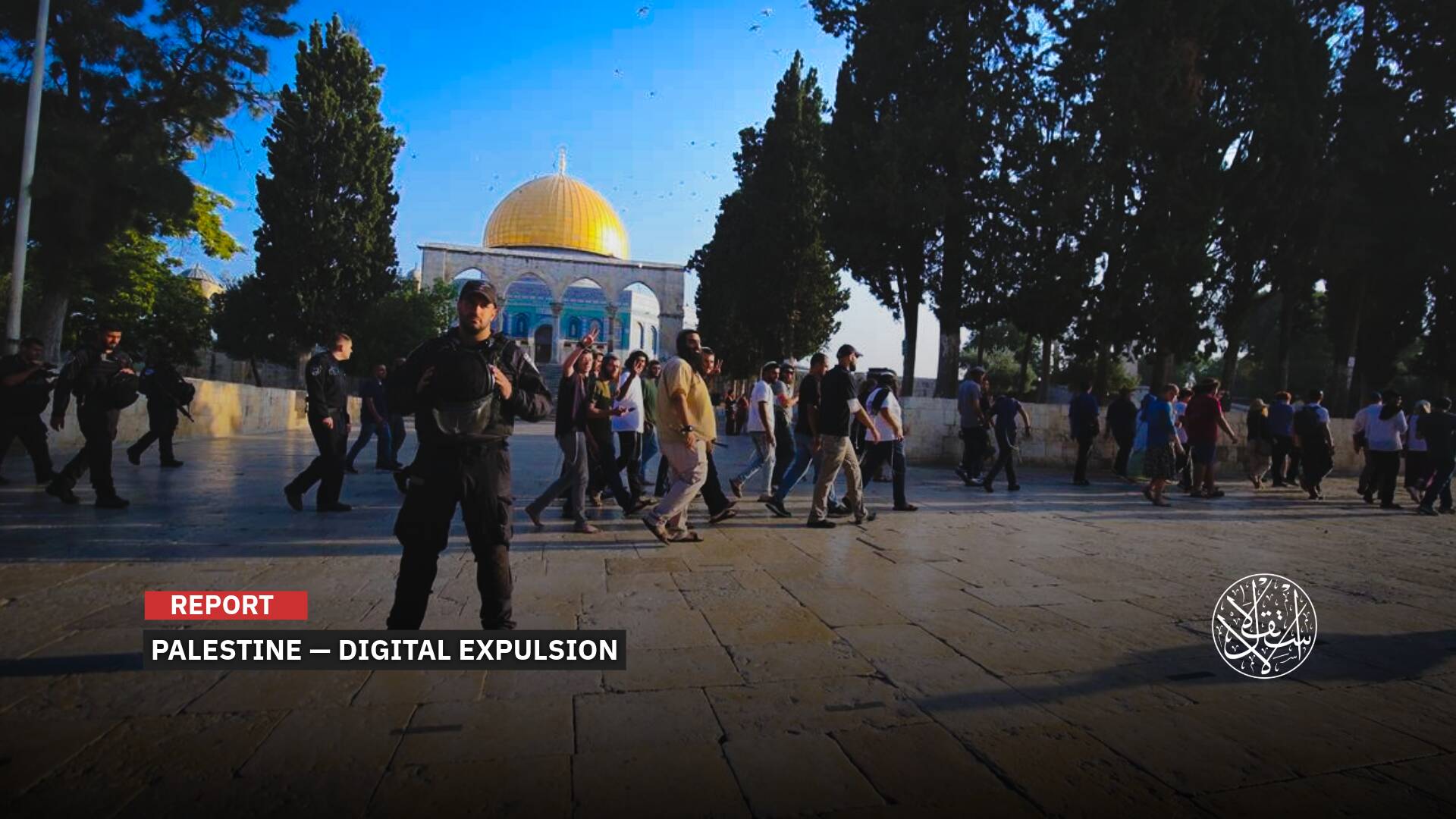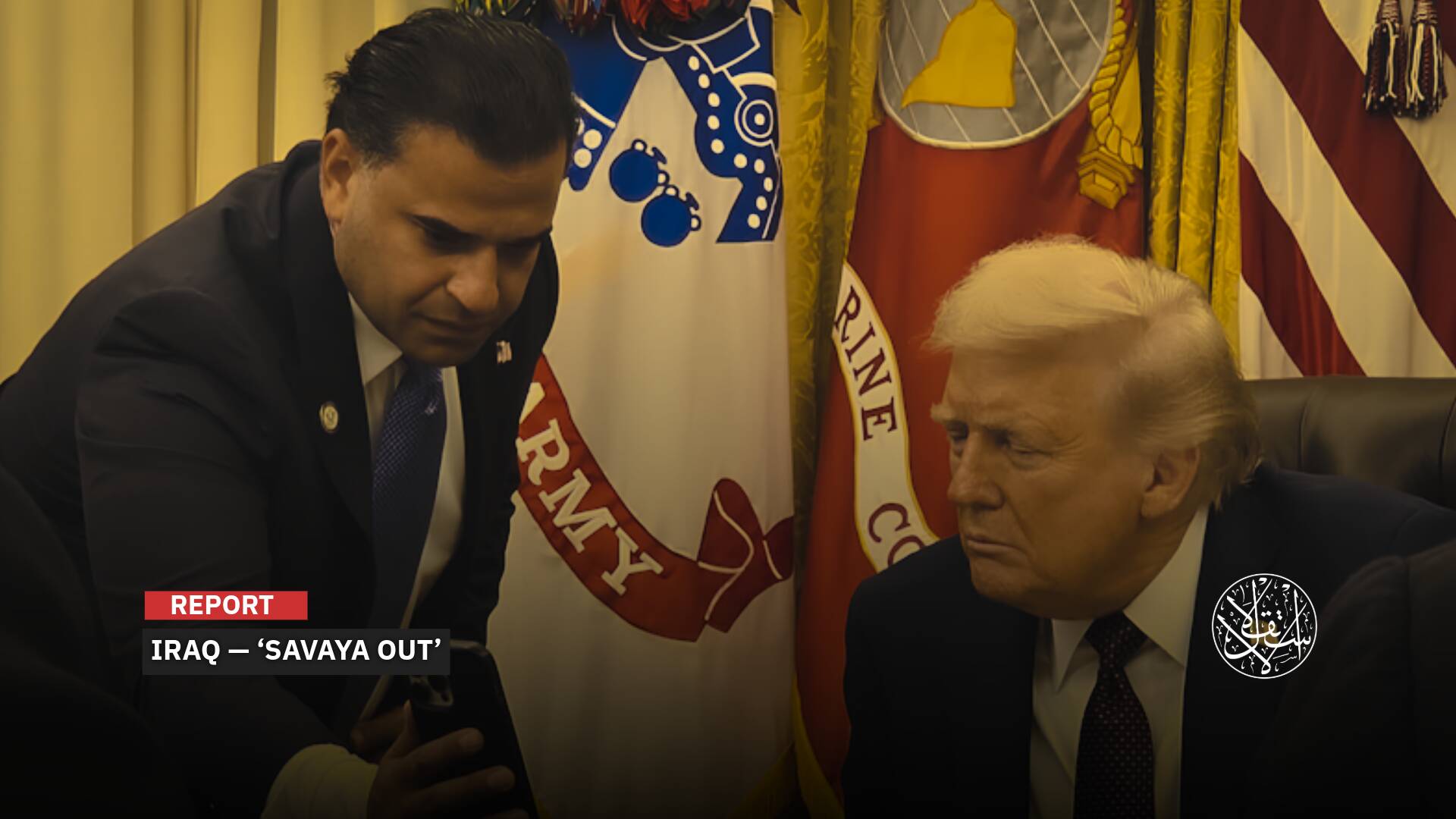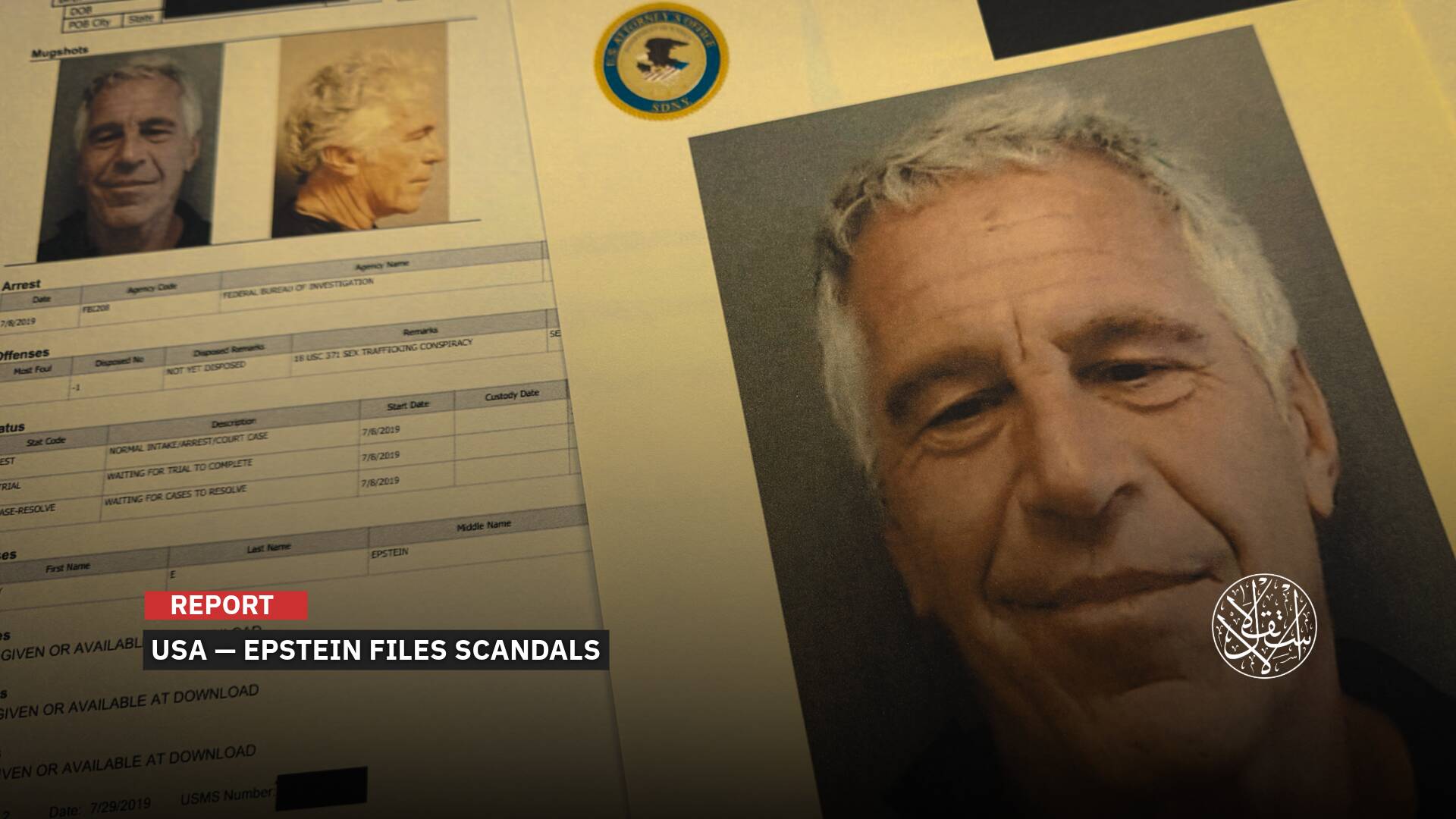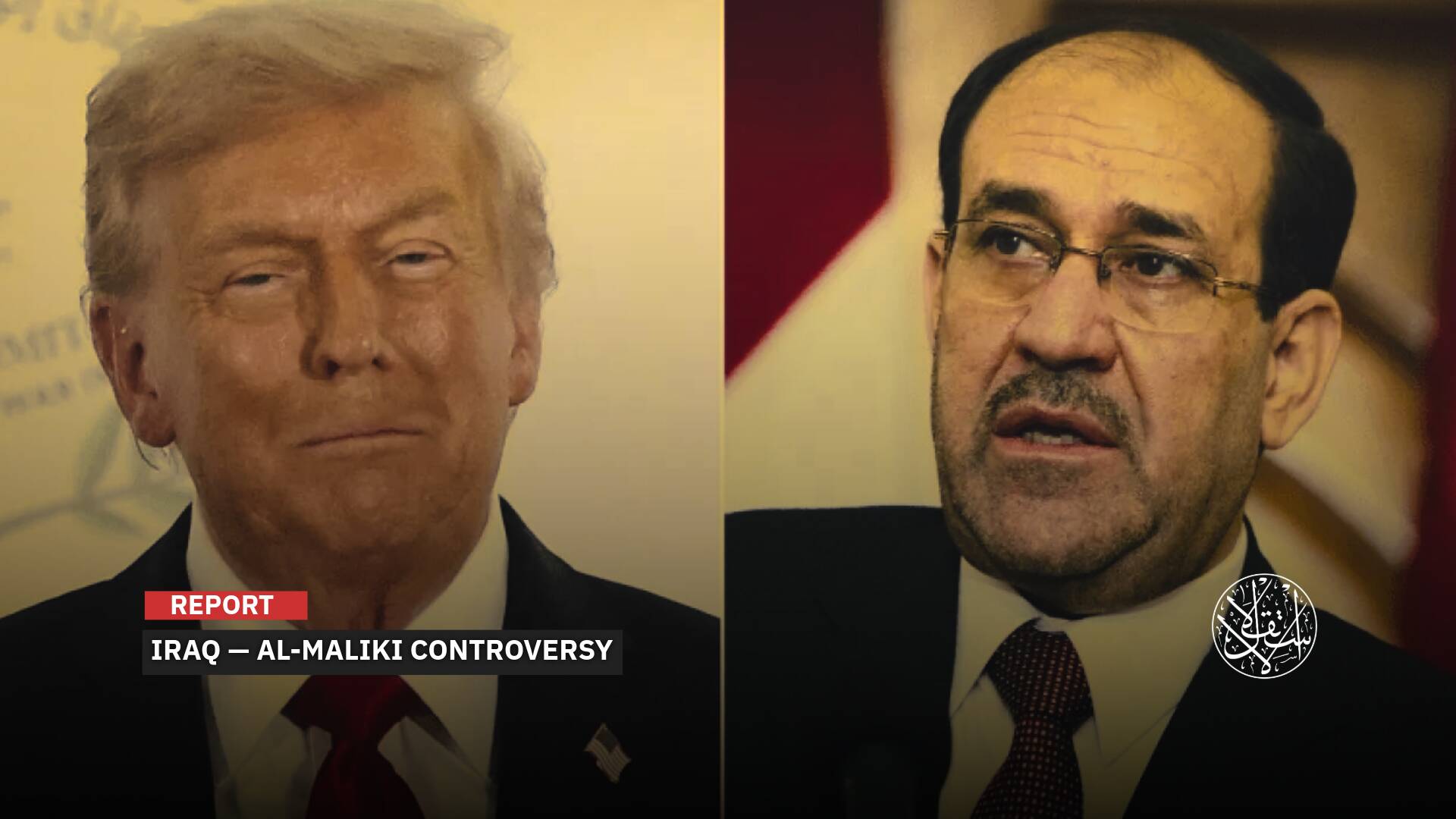Why Did the Violations Against Indian Muslims Escalate in Ramadan?

The suffering of Muslims in India was exacerbated during Ramadan with the escalation of Hindu and government attacks on their mosques and the destruction of their homes and shops.
Since the beginning of the month on the second of April 2022, the pace of Hindu targeting of Muslims in India has increased remarkably and has taken the character of religious sectarian hostility and calls for the displacement of Muslims.
Throughout the holy month, Hindu extremist groups carried out attacks against Muslims' mosques, homes, and shops, and sang Hindu "saffron songs" calling for the killing and deportation of Muslims from the country.
This came simultaneously with the implementation of a citizenship law issued by the government in 2019, which undermined India's secular constitution, by allowing the exclusion and deportation of Muslim immigrants from neighboring countries.
In return, Indian citizenship was granted to Buddhists, Christians, Hindus, and Sikhs who fled Afghanistan, Bangladesh, and Pakistan before 2015.
The most serious of these attacks in Ramadan was the attack of a group of RSS extremists imbued with the Hindu racist Hindutva faith on a mosque during the evening and Tarawih prayers on April 16, 2022.
They also raised "saffron" flags and chanted against Muslims during their celebration of the birthday of the Hindu god Ram.
The escalation of hostility against Muslim mosques during Ramadan was accompanied by a police attack on Muslim homes and shops in the state of Madhya Pradesh in central India, and their removal with bulldozers as part of displacement operations in several states.
The escalation of racist attacks, killings, and the demolition of homes and shops against Muslims by Hindus prompted some of them to think about leaving the country, similar to what some Muslims did in France because of racist laws and campaigns against them.
Ramadan Attacks
On the evening of April 16, 2022, a group of Hindu fanatics dressed in the "saffron" scarves that characterize Hindu nationalist groups gathered in front of a mosque where Tarawih prayers are held, waving swords and pistols in the air.
Hindu extremists began chanting offensive slogans, playing music loudly through loudspeakers to confuse Muslim worshipers, and trying to hang their racist flags on the mosque.

The extremists, who have the support of the Hindu nationalist Bharatiya Janata Party (BJP) and Prime Minister Narendra Modi, screamed as they surrounded Muslims while praying at the mosque in the Jahangir Puri district of the capital, New Delhi, threatening them with guns and swords.
Not only did they utter offensive phrases for Muslims and turn on the loudspeakers, but they refused to leave before forcing the Muslims to say 'Jai Shri Ram'? (i.e. victory for God Ram), according to The Washington Post report on April 20.
There were previous agreements between the Hindu and Muslim residents regarding the procession of celebrating the Hindu holiday, by avoiding its passage near the mosque where the evening prayer was held.
But the Hindus violated this agreement, and suddenly their extremists gathered in front of the mosque and tried to storm it with swords and pistols and raising saffron-colored flags.
Hindus broke beer bottles inside the mosque, raised saffron flags on its doors, and tried to desecrate it, and when the guard resisted them, they attacked him.
The attacks on Muslims and their mosque in Jahangir Puri were not an isolated incident but part of a plan, because incidents of communal violence and anti-Muslim riots also occurred during Ramadan in the states of Uttarakhand, Andhra Pradesh, and Karnataka due to Hindu celebration.
Similar songs were broadcast calling on Hindus to kill those who did not chant "Jai Shri Ram!" the slogan that became the battle cry for Hindu nationalists, in front of mosques in various Indian cities on the same day, followed by a wave of violence and killing.
'Saffron Songs'
The American Associated Press published a report on April 22, entitled “In India: Songs full of hate are a weapon to target Muslims,” which talked about “a new chapter that has been more oppressive for Muslims in recent months, especially Ramadan and the destruction of their property.”
What is known as "saffron songs," the color associated with the Hindu religion, has become like a whistle used by extremists as a sign to begin their attacks on Muslims, these inflammatory songs are directed as the prelude to deadly Hindu attacks.
Many of these songs explicitly call for the killing of Muslims and those who do not support Hindutva, the Hindu nationalist movement seeking to transform officially secular India into an explicitly Hindu state.
Among these songs is "The Chaturvedi Song," the most provocative of many songs that were released during Ramadan before the violence.
This song says that when the "blood of the Hindus" boils, the Muslims will see their rightful place with the "sword."
Broadcast in a variety of languages, and often in praise of their various deities, these songs are an important part of Hinduism.
Bhajan's spiritual songs, sung in temples and homes, are still a major part of this tradition.
But observers say the gradual spread of Hindu nationalism has encouraged a more aggressive form of these songs that engender anti-Muslim sentiment.
New Delhi's Nilanjan Mukhopadhyay told The Associated Press on April 22 that these songs have become a "means" of Hindu nationalists to "insult Muslims, degrade and provoke their religion."
Official Support
On April 18, The Guardian quoted the Indian Muslim political researcher Asim Ali saying: "Muslims are going through the most difficult stage in independent India."
He explained that extremists attack Muslims during Ramadan Iftar, evening prayers, and Tarawih prayers while madly shouting "kill them," looting their property and burning their homes, and the police reject the claims of the assailants and arrest them.
Muslim writer and journalist Rana Ayoub told CNN on April 22 that Muslims "feel victims in their own country, unsafe and unwanted."

She added: In the month of Ramadan, extremists threaten and demonize us and the government demolishes Muslim-owned properties during Ramadan.
Over the past eight years, several BJP-run states have imposed new laws that observers say are rooted in extremist Hindutva ideology, violence, and hate speech against Muslims have increased across the country.
The most controversial new laws were in the northern state of Uttar Pradesh, which is ruled by a Hindu monk-turned-politician (Yogi Adityanath) as the state introduced laws to protect sacred cows from slaughter and forbade the transport of cattle.
It also submitted a bill against converting from one religion to another, to prevent the marriage of any convert to someone of another religion, which would make it difficult for couples of different faiths to marry people who convert to Islam or Christianity.
The southern state of Karnataka, which is governed by the Bharatiya Janata Party, also banned Muslim girls from wearing religious headscarves in classrooms, prompting several of them to appeal the decision to the state's Supreme Court, a battle they ultimately lost.
The Guardian newspaper blamed the spread of hatred and bigotry on lies and communal violence that grips India. The country is divided more than ever into the Bharatiya Janata Party and Prime Minister Modi.
It asserted that the party is accused of orchestrating a religiously divisive agenda and of encouraging hostility toward India's 200 million Muslims, treating them as second-class citizens, and allowing extremist Hindu groups to operate freely and against the law.
Leaders of 13 opposition parties condemned Modi for remaining silent about the escalation of sectarian violence, and said in a statement, "We are shocked by the silence of the prime minister who failed to condemn his fanatic violence.”










